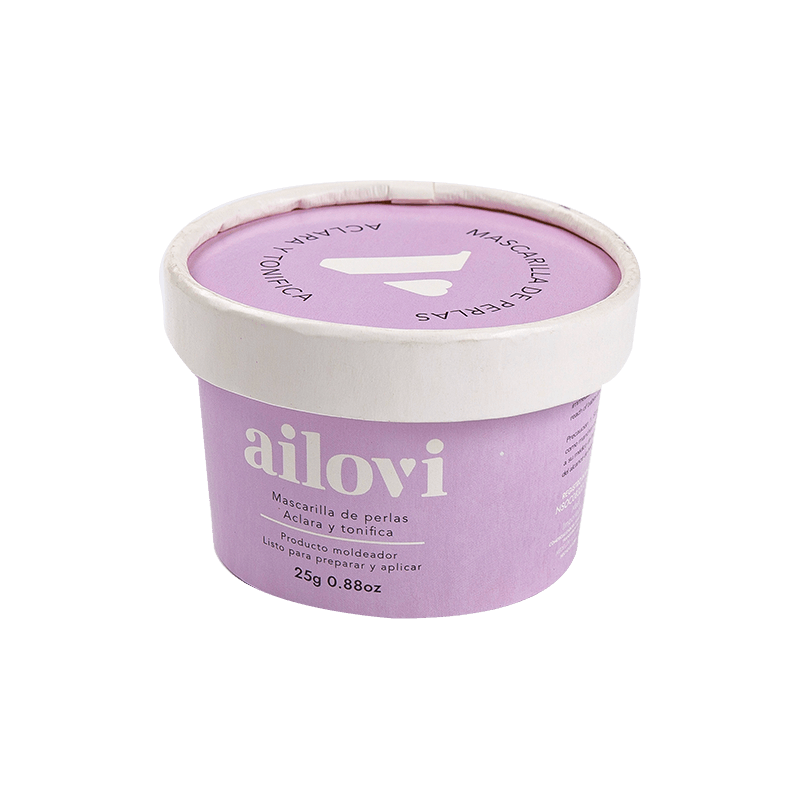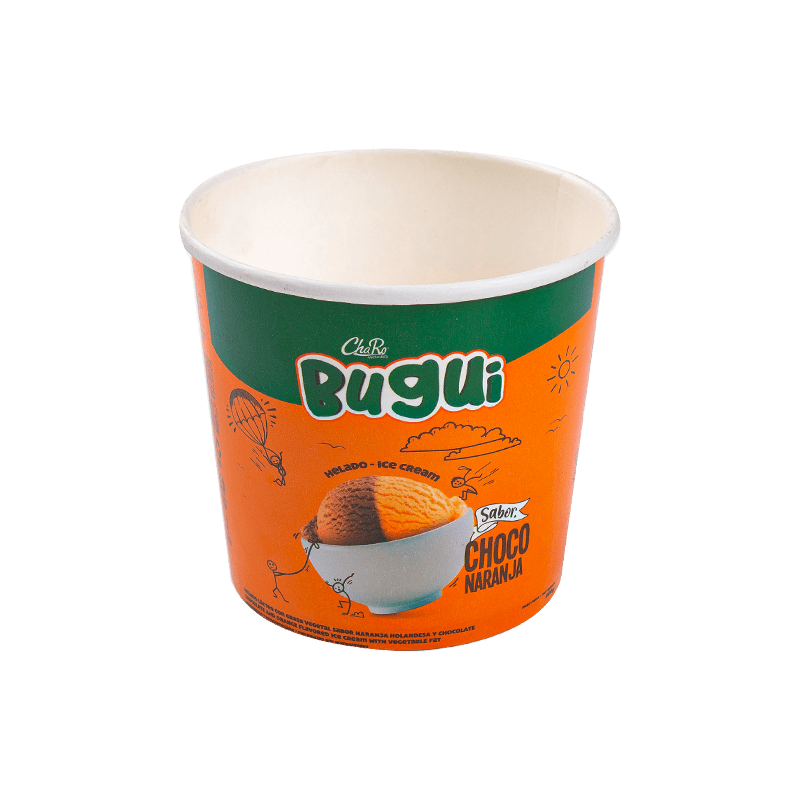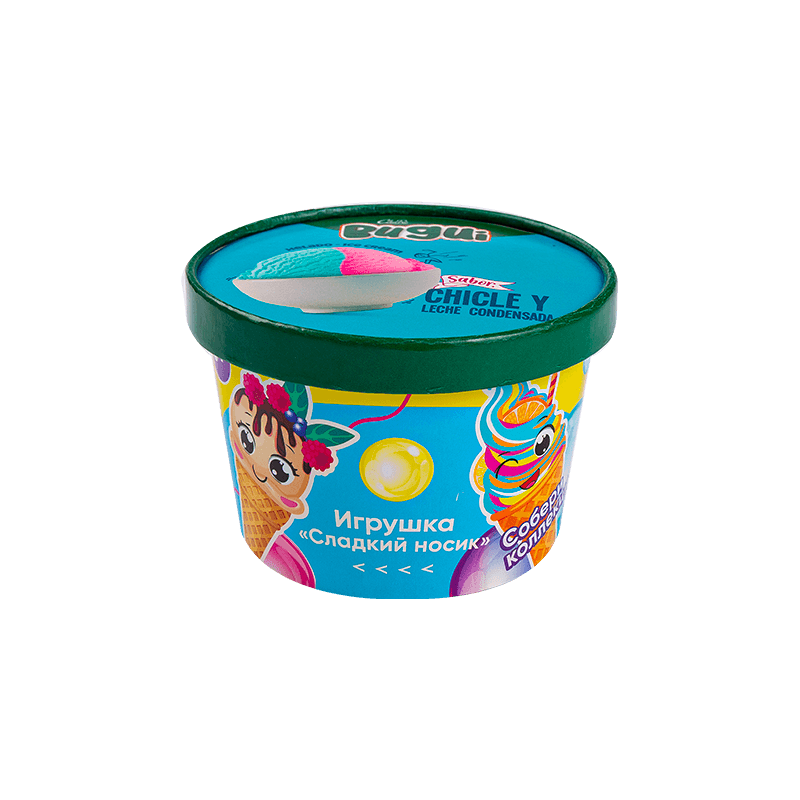Web Menu
Product Search
Exit Menu
The Characteristics And Biodegradability of OEM Single Wall Paper Cups
Wholesale OEM Single Wall Paper Cup Manufacturing Factory
OEM single wall paper cup have gained popularity as eco-friendly alternatives to traditional plastic cups due to their renewable and biodegradable nature. Understanding the distinctive characteristics of the materials used in these cups and their biodegradability is essential for assessing their environmental impact and sustainability. This article delves into the unique features of OEM single wall paper cup materials and explores their biodegradation properties, shedding light on their role in reducing plastic waste and promoting environmental conservation.
OEM single wall paper cups are primarily made from food-grade paperboard, a versatile and sustainable material derived from renewable wood fiber sources. The paperboard used in these cups is specifically engineered to meet stringent quality and safety standards, ensuring compliance with food contact regulations and consumer safety requirements. Unlike conventional plastic cups, which are derived from non-renewable fossil fuels, paperboard is a renewable resource that can be responsibly sourced from sustainably managed forests or recycled from post-consumer waste streams.
Paperboard is derived from renewable wood fiber sources, such as trees and pulpwood, which can be replenished through responsible forestry practices. This renewable attribute reduces dependence on finite fossil fuel resources and contributes to the long-term sustainability of paper cup production.
Paperboard is inherently biodegradable and can undergo natural decomposition processes when disposed of in suitable environments, such as composting facilities or landfills. Unlike plastic cups, which persist in the environment for hundreds of years, paper cups break down into organic matter within a relatively short timeframe, reducing their environmental footprint.
In addition to being biodegradable, paperboard is compostable, meaning it can be converted into nutrient-rich compost through microbial action in composting facilities. Composting paper cups diverts organic waste from landfills, reduces methane emissions, and enriches soil health, supporting circular economy principles and sustainable waste management practices.
Paperboard is highly recyclable and can be processed into recycled paper products through mechanical or chemical recycling processes. Recycling OEM single wall paper cups conserves natural resources, reduces energy consumption, and mitigates greenhouse gas emissions associated with virgin paper production.
When disposed of in natural environments, such as soil, water, or composting facilities, OEM single wall paper cups undergo biodegradation through microbial activity and enzymatic reactions. The biodegradation process involves the breakdown of paperboard fibers by microorganisms, such as bacteria, fungi, and molds, into simpler organic compounds, such as carbon dioxide, water, and humus. Factors such as temperature, moisture, oxygen availability, and microbial diversity influence the rate and extent of biodegradation, with conditions accelerating the decomposition of paper cups.
The biodegradation timeline of OEM single wall paper cups varies depending on environmental conditions and the presence of microbial activity. In ideal composting conditions, OEM single wall paper cups can biodegrade within a few weeks to several months, transforming into compost that enriches soil fertility and supports plant growth. In natural soil or water environments, biodegradation may take longer due to lower microbial activity and oxygen availability, but paper cups eventually decompose into harmless organic matter without leaving behind persistent residues or pollutants.
In conclusion, OEM single wall paper cups offer a sustainable and eco-friendly alternative to traditional plastic cups, thanks to their renewable, biodegradable, and compostable properties. Made from food-grade paperboard derived from responsibly managed forests or recycled sources, these cups provide a safe and environmentally responsible packaging solution for serving beverages. The biodegradation of OEM single wall paper cups offers significant environmental benefits, including plastic waste reduction, resource conservation, and climate change mitigation, making them a good choice for businesses and consumers committed to environmental stewardship and sustainability.
HAOYUAN PACKING
- The materials we use are all food grade and ECO-friendly, water based lining paper, PLA coated paper, PE coated paper.
ADDRESS
- 1199# Hulian East Street, Changsonggang Industry Zone, Dongyang City, Zhejiang, China
GET A QUOTE
Sarah Zhang
 +86-13335936259
+86-13335936259
 sarah-haoyuan@foxmail.com
sarah-haoyuan@foxmail.com
Mark Zhou
 +86-15967938113
+86-15967938113
 markzhou0538@foxmail.com
markzhou0538@foxmail.com
Copyrighte 2023 Dongyang Haoyuan Packaging Co., Ltd. All Rights Reserved.




 English
English Español
Español












